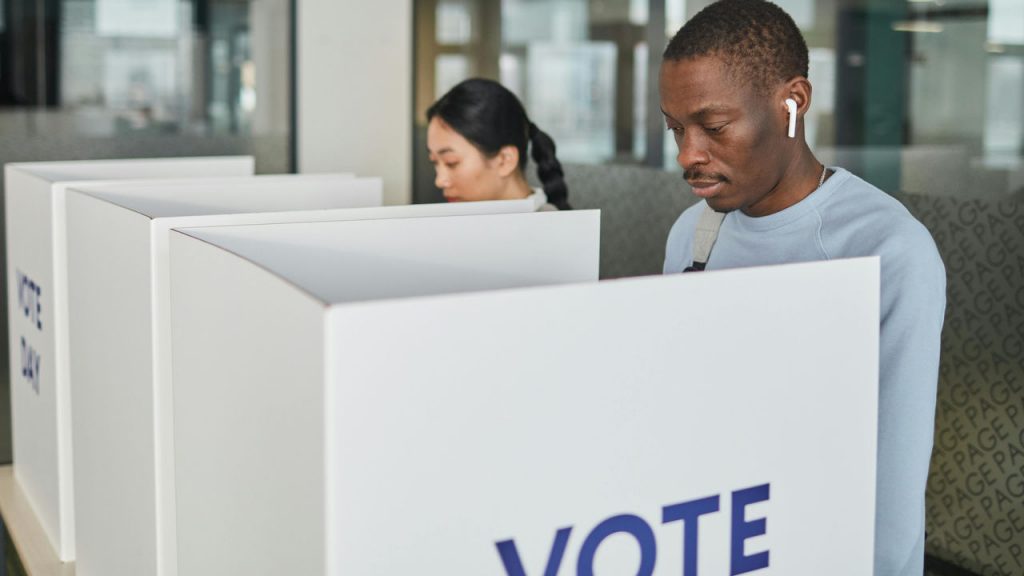The election season is an important time for educators to engage students in learning about the democratic process and civic participation. Below are resources to help educators, students and families navigate this period effectively as well as strategies for facilitating respectful discussions around the election outcome. The materials are designed to support school communities in fostering civic-minded, informed and engaged young citizens.
Common Sense Media: Teaching Democracy: Election Resources for Every Grade
Common Sense Media: News Literacy Lessons to Help Students Understand Election Media
Project Look Sharp: Teaching the Election Through Media Literacy
Teaching Resources for US Elections | Facing History & Ourselves: Facing History’s US election resources are designed and curated to help students explore the role of elections, voting and civic participation in creating and sustaining a just and healthy democracy.
How to Help Students Learn to Listen to Each Other’s Stories: Interview-based storytelling projects can build active listening skills that increase empathy and foster relationships.
Facilitating Bridging Discussions: Educators will reflect on and learn tips about how to best engage in “bridging differences” discussions about justice and equity in the classroom.
School Personnel | The National Child Traumatic Stress Network
Complex Trauma - Facts for Educators: Helps educators and school staff recognize the signs and symptoms of complex trauma and offers recommendations on how to help students heal.
Guidance on Determining Trusted and Credible Media Sources
Teaching Students to Identify Credible Research Sources | Edutopia
News literacy classroom resources
Finding Credible News | Common Sense Education
FactCheck.org - A Project of The Annenberg Public Policy Center
Navigating Student Protests
Planning for Protests at K-12 Schools
Student Protests: Questions and Answers | Harvard Graduate School of Education
An Age-by-Age Guide to Talking About Voting With Kids: This guide provides tips on how to discuss voting with children of different ages, from preschoolers to high schoolers. It emphasizes making voting fun and relatable for young kids and encouraging critical thinking and engagement for older children.
How to Talk to Kids About Elections: A Guide for Parents: This guide offers strategies for parents to discuss elections with their children, including starting with basic concepts, asking questions, and fostering critical thinking.
Talking with Young Kids About Elections, Democracy and Justice for All: This resource provides book recommendations and activities to help young children understand elections and democracy.
American Psychological Association (APA): APA offers resources for coping with political anxiety and fostering positive social connections during stressful election periods.
Stress in America 2024: A nation in political turmoil
Using psychological science to understand and fight health misinformation
Bridging Differences | Greater Good Science Center: Evidence-based strategies to improve dialogue, understanding and relationships across social and political divides.
Resources for Finding Your Balance During a Stressful Election | Greater Good Science Center: Tips for managing election stress while building a better democracy
Access EASE, a counseling service for employees and member districts and their families.
Call the 24/7 access line at 800-882-1341 or visit EASE's website.
Immigration Advocates Network: National Immigration Legal Services Directory
Help for Immigrant Families Post-Election - Guidance for Schools
Immigration Legal Resource Center
Undocubasic Needs Mental Health
Public Charge in Multiple Languages
Family Preparedness Plan Spanish
AB 699: Safe Schools For Immigrant Students











